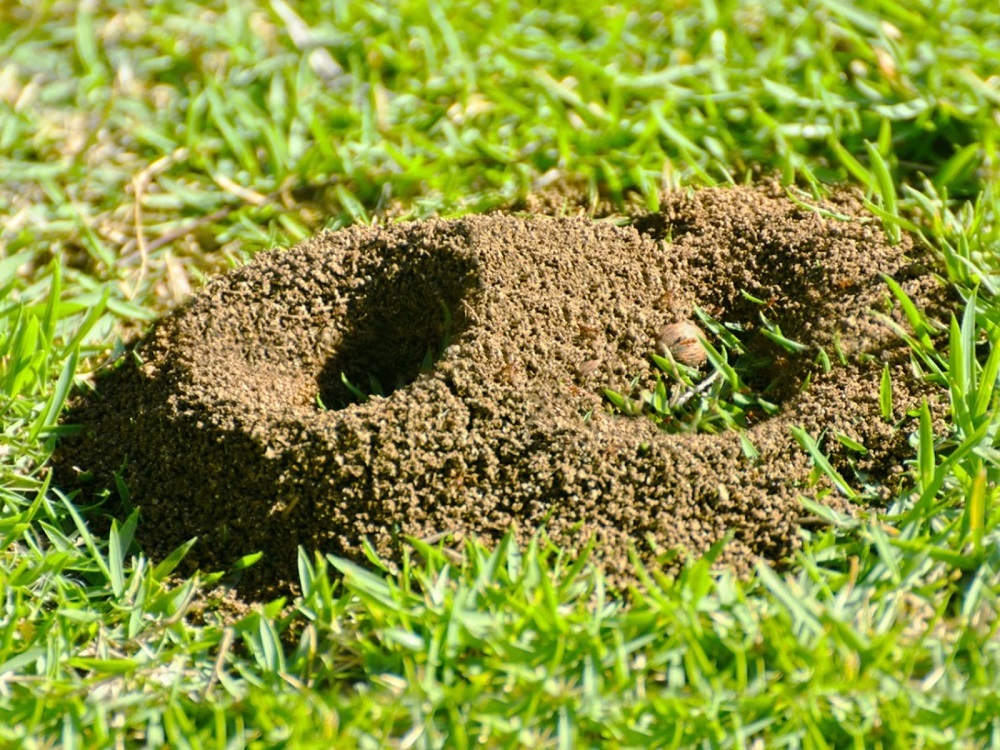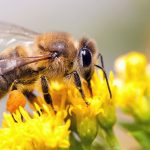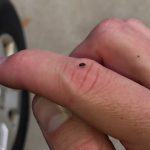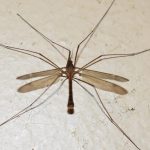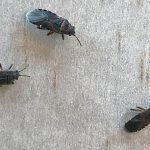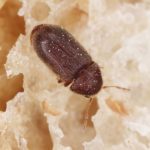Are ants taking over your grass and ruining the beauty of your lawn?
Don’t let these tiny creatures cause big problems. Ants can form unsightly mounds and tunnels that pose a tripping hazard, and using chemical pesticides to eliminate them can harm the environment and put your health at risk.
There are natural ways to keep ants away from grass without resorting to harmful chemicals. In this article, we’ll explore effective natural methods for getting rid of ants in grass.
We’ll examine ant behavior, including why they’re attracted to grass and how they navigate your lawn. Then, we’ll dive into eco-friendly remedies for ant infestations, such as cinnamon, vinegar, and lemon juice.
These simple ingredients can work wonders in deterring ants from residing in your grass. But wait, there’s more.
We’ll also discuss long-term solutions for controlling ants in your lawn. Proper lawn maintenance and keeping your yard clean and tidy are critical factors in preventing ant infestations from happening in the first place.
Following these tips, you can enjoy a beautiful green lawn free from unwanted ant invasions.
So, let’s dive into this topic together.
Natural Repellents: Essential Oils and Spices
Contents
Ants may be tiny insects, but they can create a big problem in your lawn.
Fortunately, natural repellents like essential oils and spices can effectively get rid of ants without harming your lawn, pets, or the environment. Essential oils such as peppermint, tea tree, lavender, lemon, and eucalyptus oil have strong scents that ants dislike.
Mixing a few drops of any of these oils with water and spraying it on the ant-infested areas of your lawn, you can keep them at bay. Imagine giving them a whiff of an unpleasant smell they can’t stand.
Cinnamon, cayenne, and black pepper can also be used as natural ant repellents. These spices have a powerful scent that ants find repulsive.
Sprinkle them around the perimeter of your lawn or on ant trails to discourage them from entering. However, using these spices sparingly is essential as they can cause irritation if ingested in large quantities.
Another natural option is diatomaceous earth, a powder made from the fossilized remains of tiny aquatic organisms. This powder works by dehydrating ants and killing them.
Sprinkle it on ant trails or around their nests in your lawn. But remember to use food-grade diatomaceous earth as other forms may contain harmful chemicals.
While natural repellents can effectively repel ants from your lawn, it’s important to note that they may not necessarily solve the root cause of the ant infestation.
It is crucial to identify why ants are attracted to your lawn and take steps to eliminate their food sources and nesting areas.
Barriers: Diatomaceous Earth and Coffee Grounds
There are natural solutions that can help you keep these unwelcome guests at bay. Two such solutions are diatomaceous earth and coffee grounds.
Diatomaceous earth is a powdery substance made of fossilized diatoms, tiny aquatic organisms with hard shells made of silica. When ants come into contact with diatomaceous earth, it damages their exoskeleton and dehydrates them, ultimately leading to their demise.
To use it as a barrier, sprinkle a thin layer of the powder around the perimeter of your lawn or any areas where you have seen ant activity. Coffee grounds are another natural deterrent for ants.
They dislike the strong scent of coffee and will avoid crossing over it. Additionally, coffee grounds contain nitrogen, which can help fertilize your lawn.
Sprinkle the grounds around the perimeter of your lawn or any areas where you have seen ant activity. It’s important to note that while these natural barriers can effectively deter ants, they may not eliminate the problem.
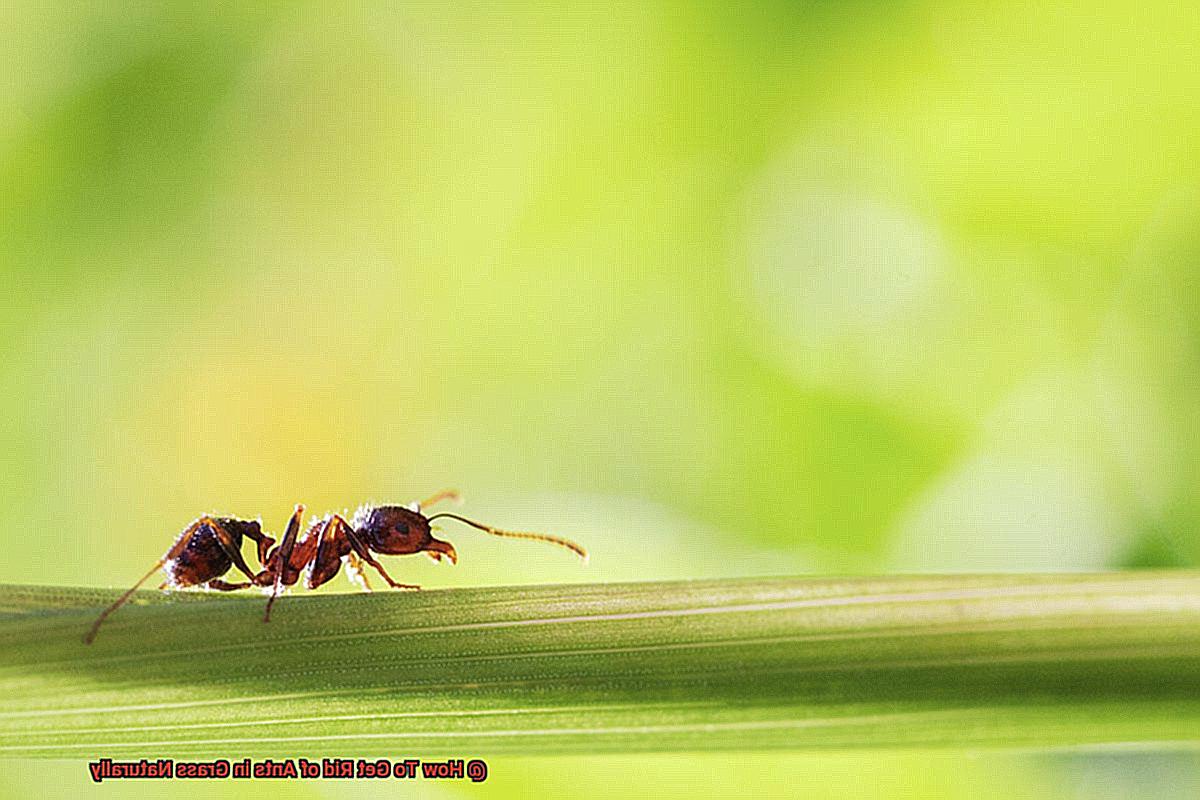
It’s also crucial to regularly monitor your lawn for ant activity and take preventative measures to avoid attracting it, such as keeping it free of food debris and standing water.
When using diatomaceous earth and coffee grounds as barriers, it’s essential to wear gloves and a mask when handling diatomaceous earth to avoid respiratory irritation.
Manual Removal of Ant Colonies
Manual removal of ant colonies is a natural and effective solution that’s simple enough to do yourself. First, you’ll need to locate the ant mounds on your lawn.
These are the visible entrances to their underground homes. Carefully dig around the mound using a shovel or trowel and expose the tunnel network below.
It may take some time and effort, but trust us, it’s well worth it. Once you’ve uncovered the colony, it’s time to remove as much of it as possible.
Remember to wear gloves to protect yourself from biting or stinging ants. Don’t damage any surrounding grass or plants as you remove the colony.
If ants remain present after removing the colony, repeat the process until they’re all gone. Manual removal is a safe and natural way to eliminate ants from your lawn without harming other organisms in your yard.
Benefits of Having Ants in Your Lawn
Let’s examine why ants in your lawn can be a good thing.
Firstly, ants help to aerate the soil by creating tunnels as they move around. This process allows water and essential nutrients to penetrate deeper into the soil, promoting healthy root growth. Imagine having a natural aerator for your lawn without having to spend money on expensive equipment.
Secondly, ants are great at breaking down organic matter in the soil through nutrient cycling. This essential process releases nutrients necessary for plant growth, helping maintain a healthy ecosystem in your lawn.
Thirdly, ants are natural predators and help control other pests in your lawn, such as grubs and caterpillars. They also prey on weed seeds, keeping your lawn weed-free and healthy.
Lastly, some species of ants are important pollinators that can increase the yield of flowering plants in your lawn.
Who knew these tiny insects could have such a positive impact on your garden? Having ants in your lawn can be beneficial for maintaining its health and vitality.
But before you do that, remember the amazing benefits these little creatures offer.
Other Natural Methods to Get Rid of Ants in Grass
If you’re looking for natural ways to get rid of ants in grass, several options are available that won’t harm the environment.
In addition to the previously mentioned methods, here are a few more techniques. First up is diatomaceous earth, a fine powder made from the remains of tiny aquatic organisms.
When ants come into contact with this powder, it dehydrates their exoskeletons and ultimately kills them. This method is both natural and safe for the environment.
Another option is citrus peels. Ants hate the smell of citrus, so placing orange or lemon peels around ant nests can deter them from returning.
Bonus points for repurposing kitchen waste. Boiling water can also be poured over ant mounds to kill off the colony.
However, be careful as this method can harm surrounding grass and plants. You want to avoid causing more damage than good.
Essential oils such as peppermint or tea tree oil have a strong scent that ants find unpleasant. Diluting these oils in water and spraying them around ant nests can help repel them.
Be careful not to use too much; they can harm plants if applied directly. Lastly, vinegar can be used as a natural ant repellent.
Mixing equal parts vinegar and water and spraying it around ant nests can deter them from returning. But like essential oils, vinegar can harm plants if applied directly, so use caution.
Tips for Keeping Ants Away from Your Lawn
Fear not. There are several natural and effective ways to keep ants away from your lawn without causing harm to the environment or your grass. This blog post will discuss seven tips for keeping ants away from your lawn.
Keep Your Lawn Well-Maintained
A well-maintained lawn is less likely to attract ants. Make sure to mow regularly, remove debris, and water properly to avoid standing water. Ants are attracted to damp areas, so keeping your lawn dry is key.
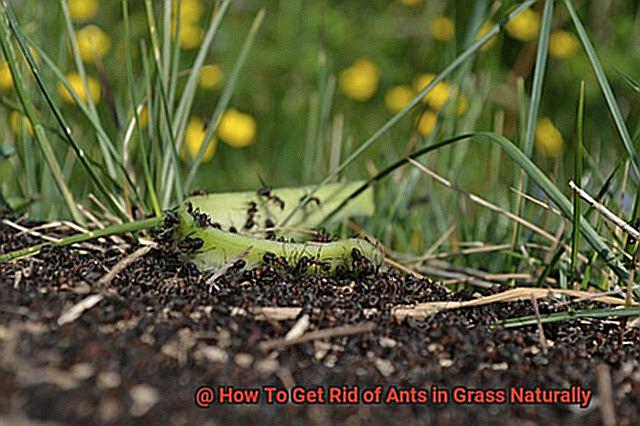
Use Cinnamon
Ants dislike the smell of cinnamon, so sprinkle it around the perimeter of your lawn or wherever you see ant activity. You can also add a few drops of essential oil to a spray bottle filled with water and spray it around the affected areas.
Pour Boiling Water
Pour boiling water directly onto ant hills or areas where you see ant activity. This will kill the ants and destroy their nests. Be careful not to pour boiling water on your plants or grass as it may damage them.
Use Citrus Peels
The smell of citrus repels ants, so place citrus peels around the perimeter of your lawn. You can also use a mixture of citrus essential oils and water in a spray bottle around the affected areas.
Diatomaceous Earth
Diatomaceous earth is a natural substance that dries out the exoskeleton of insects, including ants. Sprinkle it around ant hills or areas where you see ant activity. Wear gloves and a mask when handling diatomaceous earth, as it can be harmful if inhaled.
Plant Pest-Repelling Herbs
Certain herbs like mint, lavender, and sage are known to repel pests, including ants. Plant these herbs around the perimeter of your lawn to keep ants away naturally.
Seal Cracks and Crevices
Ants can enter your home through even the smallest cracks and crevices, so seal them up effectively to prevent any ant infiltration. This will also help keep ants away from your lawn, as they won’t have a way to enter your outdoor space.
So, by following these tips for keeping ants away from your lawn naturally, you can enjoy a pest-free outdoor space without harming the environment or risking the health of your pets and family.
Remember that having some ants in your lawn can benefit soil aeration and pest control, but if their presence becomes too overwhelming, these tips can help naturally keep them away.
Conclusion
In conclusion, don’t let ants get the upper hand on your lawn.
Instead of using harmful chemicals, try natural remedies to deter these pesky critters. Understanding and behavior is critical, and eco-friendly options like cinnamon, vinegar, and essential oils can all help keep ants at bay.
But the battle doesn’t end there. Natural barriers such as diatomaceous earth and coffee grounds can provide long-term solutions for controlling ant infestations.
And if you’re feeling particularly hands-on, manually removing ant colonies is always an option. Of course, having some ants in your lawn can benefit soil aeration and pest control.
But regularly monitoring your lawn for ant activity and taking preventative measures to avoid attracting it is essential. Keeping your lawn well-maintained, planting pest-repelling herbs like mint and sage, and sealing cracks and crevices are all great ways to keep ants away naturally.
With these tips in mind, you can say goodbye to pesky ant invasions and hello to a thriving lawn.

